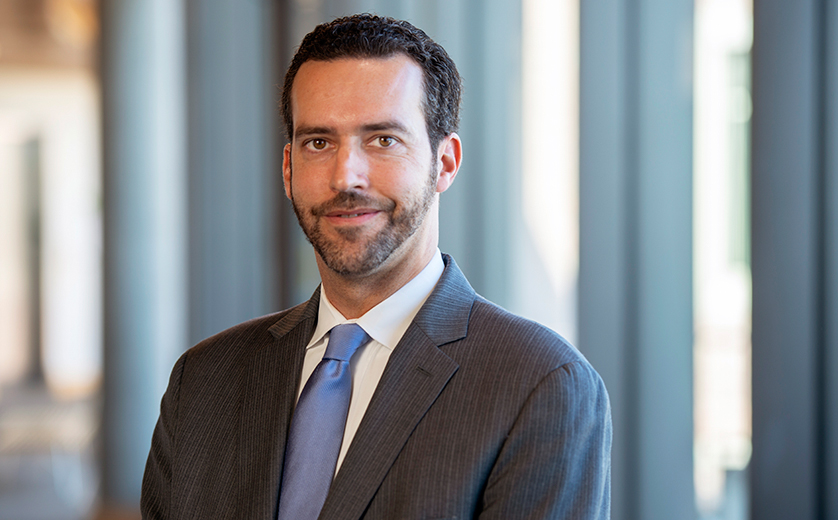Ross A. Hammond, one of the nation’s foremost experts in complex systems science modeling, has accepted an appointment as an associate professor at the Brown School, Washington University in St. Louis.
Hammond joins the faculty July 1, 2018, coming from the Brookings Institution in Washington, D.C., where he will retain his appointment as the director of the Center on Social Dynamics and Policy. His work has pioneered innovative ways to attack vexing public health problems including flu epidemics, smoking and obesity.
Hammond said he was drawn to the school by his successful collaborations with Brown School faculty and the school’s focus on creating evidence-based solutions to real-world problems by working across diverse disciplines.
“Crossing disciplinary boundaries is really important to me,” he said. “Institutions that pay more than lip service to transdisciplinary work are rare. I believe the Brown School is such a place. My work always has been aimed at practical application and the School shares that as a core value.”
Hammond’s specialty is agent-based modeling, a method that uses computers to construct artificial societies to learn more about how real societies are working and then to use them as laboratories for crafting policy.
“The Brown School has a real opportunity to position itself as the most important place to be for public health systems science,” he said.
Hammond has over 20 years of experience in research including obesity prevention, food systems, tobacco control, crime, segregation, trust and decision-making systems.
One of his highest profile projects was the 2009–10 flu pandemic. Models created by his team were used to contain the epidemic, consider how to use the first small amounts of vaccines when they became available and think through options like closing airports and schools.
He also worked with the Brown School’s Douglas Luke on “Tobacco Town,” which created a model to track “virtual people” who might buy cigarettes in order to create effective anti-smoking interventions.
Luke, professor and director of the Center for Public Health Systems Science, said Hammond will fill a key role in completing the school’s system expertise. That expertise already includes Luke and Peter Hovmand, professor of practice and director of the Social System Design Lab.
“Ross’ expertise will continue to strengthen our existing systems science research and elevate its visibility,” Luke said. “We have a full toolkit here.”
